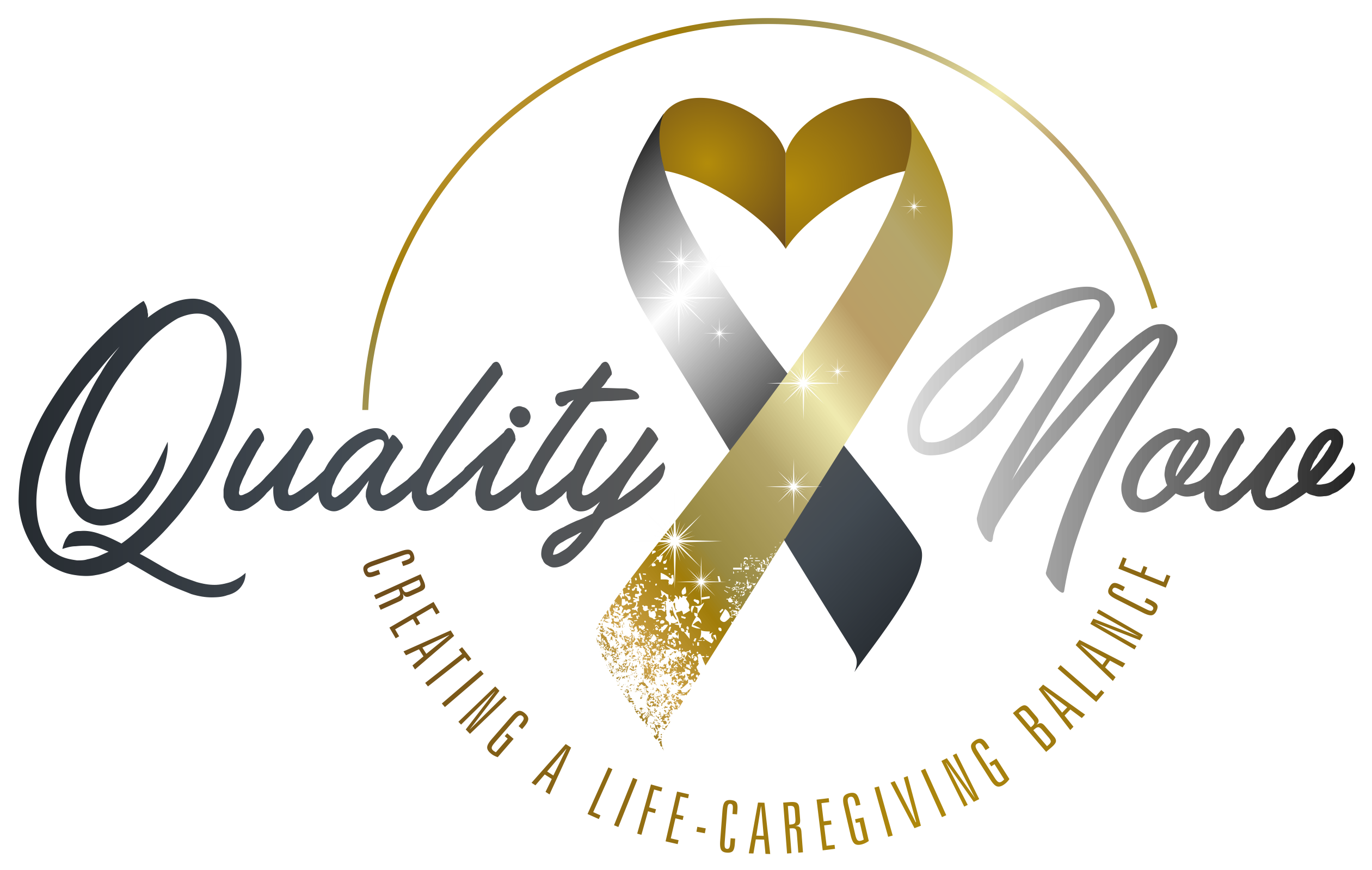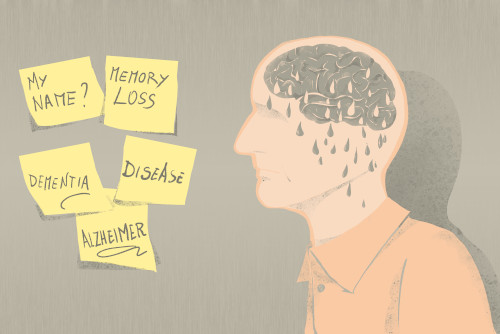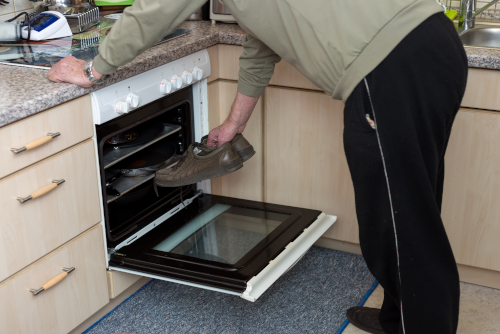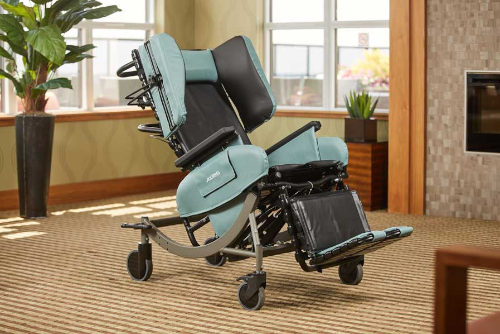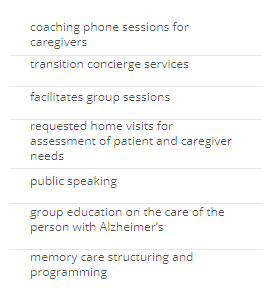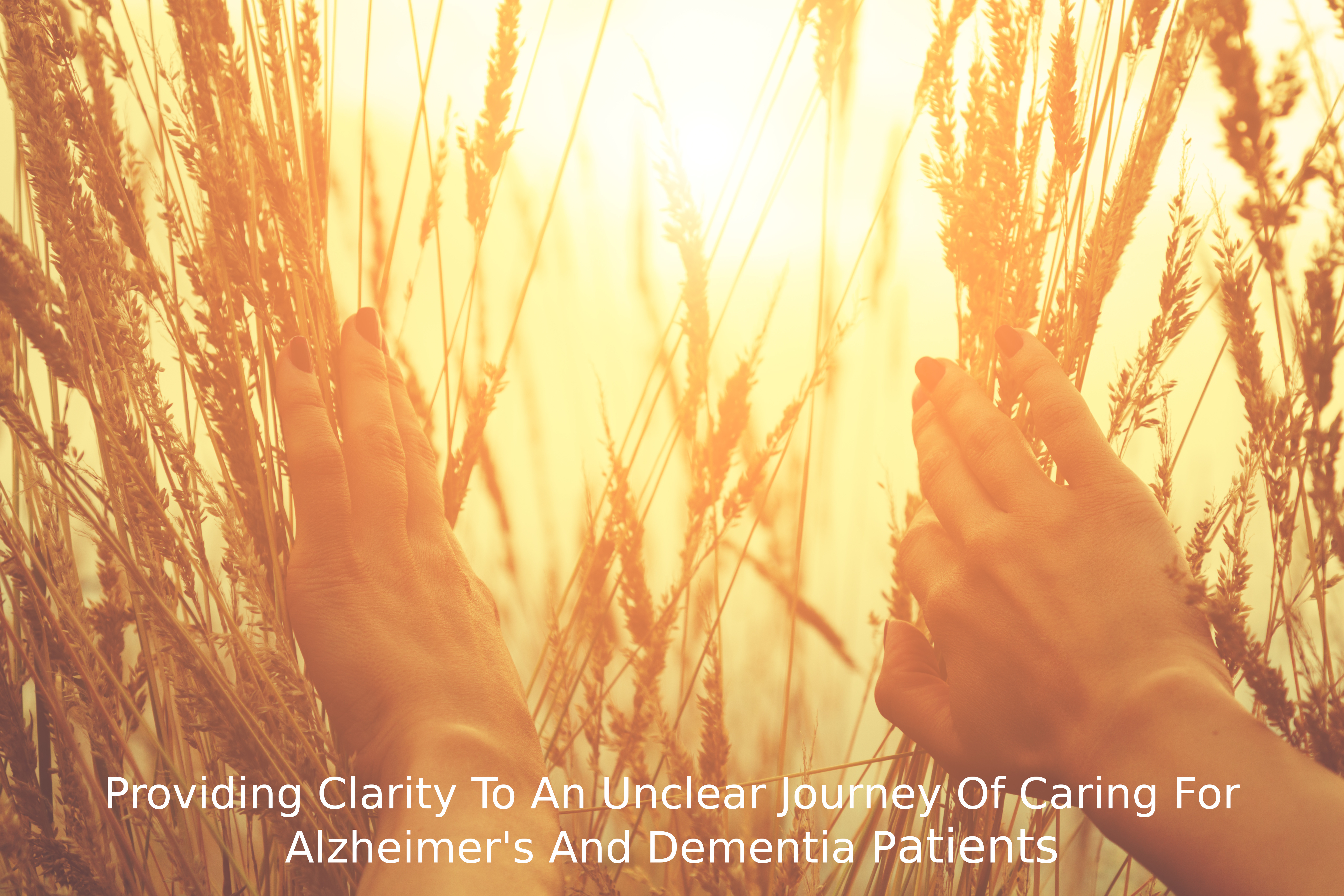
Pam explains the 6 reasons that Alzheimer’s care is not working in the memory care industry. Also explained is what needs to be done to fix the problems the industry faces. Read more about why Alzheimer’s care isn’t working.
CAREGIVER FATIGUE OR BURNOUT
Caregiver fatigue or burnout may be the cause of depression, chronic pain or chronic illness. The caregiver may also experience stress, insomnia and anxiety as well as feelings of guilt accompanied by an attitude change from positive to negative and unconcern. Fatigue and burnout may occur when caregivers try to do more than they are physically and financially able to do or don’t receive needed outside help.
A FEW EXAMPLES OF THE CAREGIVER PROFILE:
Many times is a woman.
Very close to the sick family member.
A willing and responsible person.
Believes you are able to take care of the person while continuing you daily activities.
SYMPTOMS OF CAREGIVER FATIGUE AND BURNOUT INCLUDE:
Feeling blue, irritable, hopeless and helpless.
Loss of interest in activities.
Withdrawal from friends and family.
Emotional and physical exhaustion.
Changes in appetite and/or weight.
Sleep pattern disruptions.
Experiencing illness more often.
Frequently using alcohol or sleep medications.
Irritability.
Feeling you might hurt yourself or the person you are caring for: Call the Suicide Prevention Lifeline at 1-800-273-8255.
SOME CAUSES OF FATIGUE AND CAREGIVER BURNOUT:
There are more than 45 million unpaid caregivers in the USA lovingly and selflessly caring for and assisting loved ones, friends and neighbors who require different levels of support and care. Be it a few hours a day, a couple of days a week or in some cases, around-the-clock caregiving. Caregivers may be so busy tending to others that they neglect their own emotional, physical and spiritual health. The demands may seem overwhelming and may lead to fatigue, hopelessness and finally burnout.
OTHER FACETS INCLUDE:
Role confusion; it becomes difficult to separate the caregiver role from one of the spouse, lover, child, friend or neighbor.
Unreasonable demands; many times caregivers place unreasonable burdens on themselves as they view caregiving as their part because they see providing care as their absolute responsibility.
Absence of control; citing the lack of skills, money and resources to responsibly plan, organize and manage their loved ones’ care, numerous caregivers experience frustration.
Many caregivers are not cognizant that they are experiencing fatigue and burnout and will reach the point of not functioning competently and may even become ill.
TIPS TO PREVENT CAREGIVER FATIGUE AND BURNOUT:
Remind yourself that your caregiving is of value; never forget that what you are doing is valuable
Don’t forget to take care of your own health; establish a good routine of sleep, exercise, healthy eating and drinking plenty of water
Give yourself a break; ask a relative or friend to take over your responsibilities for a couple of hours so you may take in a movie, go out to dinner or just take a walk
Reach out to someone you trust; talk about your feelings and frustrations with a relative, friend, co-worker or neighbor
Be organized and goal oriented; utilize calendars and to-do lists. Work in concert with your loved one in organizing important documents, e.g., birth certificate, social security card, marriage certificate and a Will
Be realistic; recognize your loved one is suffering from a disease, especially if it is a progressive disease such as dementia or Alzheimer’s
Seek professional help; many social workers, therapists and clergy are trained to counsel individuals dealing with physical and emotional problems
PAM REESE IS ABLE TO HELP YOU AVOID CAREGIVER FATIGUE AND BURNOUT BY HELPING YOU MANAGE THE SYMPTOMS.
Pam’s coaching is not counseling. It is a communication system that is conducted through phone conversations that enable you to recognize your priorities and goals. Counseling unravels the past and coaching helps make the present clear. Sessions are person centered allowing for safe expression of challenges and desires.
Coaching allows for questions and answers and will enable you to gain knowledge about the disease that guides your thoughts and actions in a positive direction. The coach-client relationship is one of trust. The coach will help you see improvements and beneficial changes in the life you are now living. The sessions will enable a successful life-caregiving balance in support of the dementia or Alzheimer’s patient.
Free 20 Minute Phone Conversation:
For a limited time in 2019 we are offering a free 20 minute session. This offer is available to allow you to speak personally with Pam Reese and share your circumstances. You are welcome to ask questions about caregiving, dementia, Alzheimer’s and our services. We will respond to you through email to schedule a free phone conversation to meet each other and determine your desired outcomes.
Please fill-out our Free Introductory Call Request Form. Clicking on the link below will take you to our form.
About Pam Reese:
Recent Posts
-
-
Speaking EngagementSep 15, 2020 | Uncategorized
-
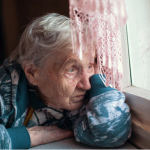
-
-
Why Memory Care Doesn’t Work.Feb 10, 2020 | Uncategorized
Pam’s Video
Click Picture For Video.
Caring for an Alzheimer’s person can take a village and sometimes there is only a cottage. Either way, the journey is one of emotion. It’s no wonder that the treatment is about creating positive emotions that benefit the Alzheimer’s person and the caregiver. The treatment has a reciprocal effect for both.
Pam’s Blog
The truth is that people diagnosed with Alzheimer’s have the ability to feel and have emotions long after the causing event that created the emotion. The focus, often times, is far too much about glimmers of memory from the past and struggling to connect to a distant memory. Read More About Pam Reese’s Blog.
